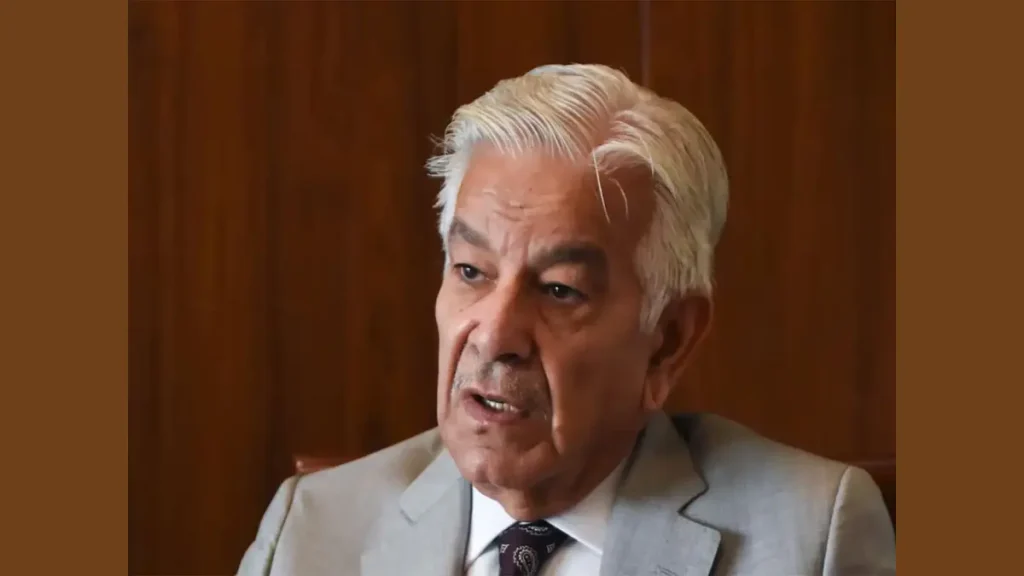Pakistan Defence Minister Khawaja Asif has defended the country’s controversial “hybrid model” of governance, describing it as a system where the army and civilian leadership jointly manage state affairs through consensus.
Speaking to British-American journalist Mehdi Hasan, Asif rejected claims that the military holds absolute power in Pakistan. “No, it’s not like that… I’m a political appointee, I’m a political worker,” he said, defending the balance of authority between civilian leaders and the military.
When pressed on the apparent dominance of Pakistan’s Army Chief Asim Munir over civilian officials, Asif maintained that decisions are reached by agreement, calling the model “hybrid” and asserting that the power-sharing arrangement is necessary given the country’s ongoing economic and governance challenges.
Comparing Pakistan’s system to the US, Asif labelled American democracy as dominated by the “deep state”, arguing that different countries adopt different governance models. He acknowledged, however, that Pakistan’s military influence is more visible due to historical precedents of military rule.
Earlier this year, Asif had described the hybrid system as a “practical necessity”, enabling governance continuity despite not being a fully ideal democratic setup. According to reports, the model allows the military significant influence over civilian affairs, while civilian leaders maintain formal political authority.
Asif’s remarks come a day after US President Donald Trump hosted Pakistan PM Shehbaz Sharif and Army Chief Asim Munir at the White House, highlighting Pakistan’s ongoing balancing act between military authority and civilian governance amid international scrutiny.
